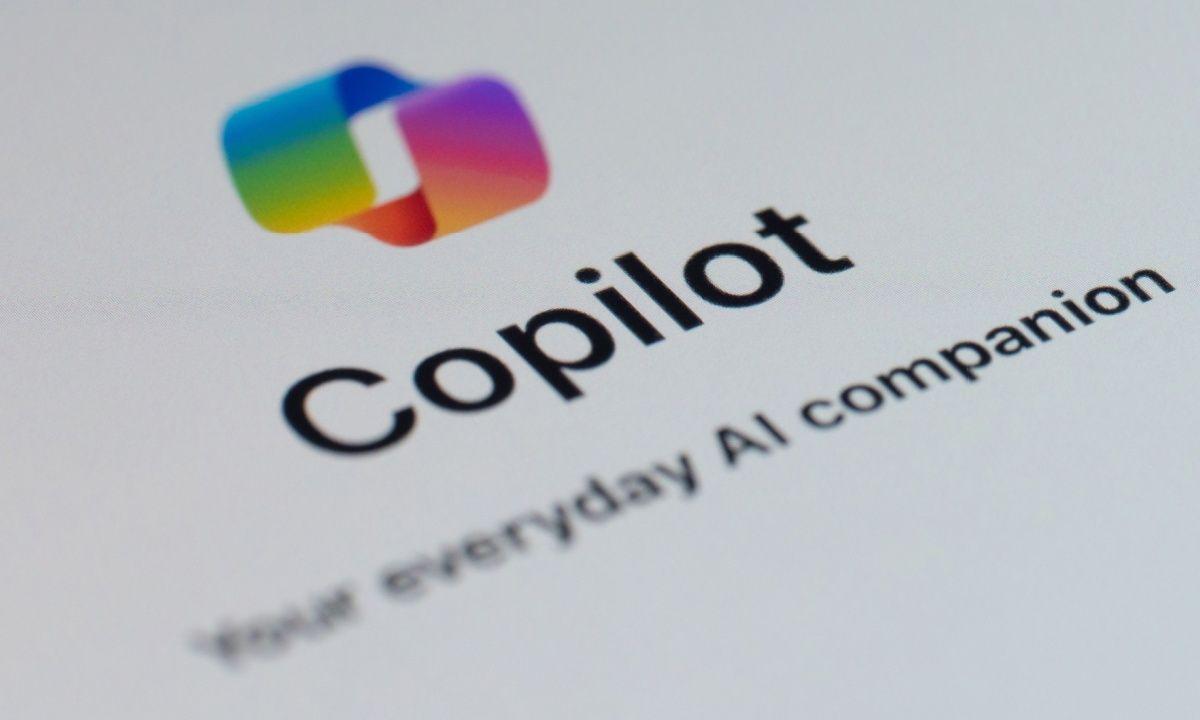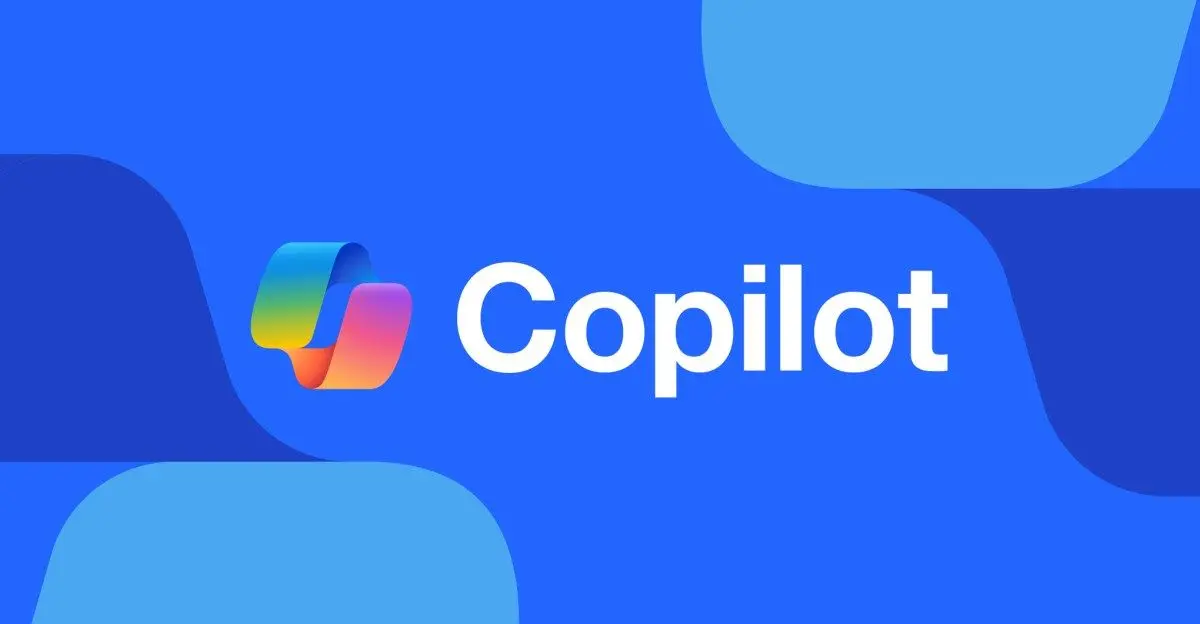Microsoft's AI Copilot Enters the U.S. House of Representatives
3 Sources
3 Sources
[1]
Microsoft's AI Copilot Invades Congress
AI has swiftly taken over much of the economy, and now, it appears to be invading our nation's hallowed halls of power. Axios reports that Microsoft's AI chatbot, Copilot, will be made available to staff in the House of Representatives, where lawmakers will use it to...well, that part isn't exactly clear yet. The House will soon begin using M365 Copilot as part of a broader effort to integrate AI "into its daily operations," Axios says. Speaker of the House Mike Johnson is expected to announce the rollout of the chatbots for staff at an upcoming Congressional Hackathon, the outlet notes. The deal appears to be part of a new trend where AI companies offer their services to the government for just a dollar. In an email obtained by Axios, House Chief Administrative Officer Catherine Szpindor explained that the government was mulling multiple offers like this and that it was "actively engaging in discussions to determine whether these short-term offers are viable for the House and how we can test these platforms' enterprise levels over the next year." Axios claims that the chatbots used by Congress will have "heightened legal and data protections," although it's not entirely clear what that means. Gizmodo reached out to Microsoft and to the House for more information. For whatever reason, it really seems like Congress shouldn't be using an experimental new technology that it is in the process of trying to figure out how to regulate. AI has occasionally proven itself to have bizarre and, in some cases, potentially dangerous psychological side effects on its users. Let's face it, this Congress does not need anything to make it more mentally unbalanced. It also has the potential to be a huge data privacy hazard, and, in many cases, has led to litigious battles over copyright issues (just this month, Anthropic agreed to pay a $1.5 billion settlement for downloading pirated books to train its LLM). Most importantly, AI has a habit of being wrong about all kinds of stuff. As such, it really doesn't feel like a tool that Congress should be relying on to get its information. Congress, a largely geriatric class of managerial bumpkin, already seems fairly clueless when it comes to the laws they are passing and what they are about. We don't really need AI to join in with the corporations and their NGO allies to help write the laws in this country.
[2]
Exclusive: Microsoft Copilot AI lands in the House
Why it matters: The House now wants AI integrated into its daily operations, and Microsoft is just the start. How it works: House members and staff will have access to the Copilot chatbot, which will have "heightened legal and data protections," per the announcement. * The M365 Copilot, a chatbot that can be synced to email and OneDrive files, will be offered to a limited number of staff in each house office. * Technical staff started testing the products in June. They will expand to early adopters and leadership staff this month and will continue through November. * Up to 6,000 licenses will be made available for a year. Driving the news: House Speaker Mike Johnson will announce the new tech for members during the Congressional Hackathon on Wednesday, an event he's hosting with Minority Leader Hakeem Jeffries focused on how digital platforms can be used in the legislative process. * Johnson and Jeffries launched the Bipartisan Task Force on Artificial Intelligence last year. Zoom in: Many AI companies are now offering their services to the U.S. government for just $1. Johnson's office said this offer applies to Congress and that they are discussing that pricing with this agreement. * The House's Chief Administrative Officer Catherine Szpindor wrote to congressional offices in an email obtained by Axios that the House is entertaining $1 offers from other AI companies and "actively engaging in discussions to determine whether these short-term offers are viable for the House and how we can test these platforms' enterprise levels over the next year." What they're saying: "Fortunately, from the outset, the House has been tracking developments with AI closely and has prepared to deploy this technology," Johnson will say in a speech. * "And here's why it matters: AI tools don't just make us faster or smarter.They unlock extraordinary savings for the government and add to Congress' capacity to better serve the American people." Flashback: Last year, the House banned congressional staffers' use of Microsoft Copilot. What's next: Johnson's office said more details on how the Microsoft products will be rolled out will be announced in the coming months. * The chamber is also "rigorously" evaluating ChatGPT Enterprise, Claude Enterprise, Gemini Enterprise, USAi and more, with plans to implement more tech over the coming year, Johnson's office added. Axios' Andrew Solender contributed to this report. Sign up for Axios AI+ Government, our new Friday newsletter focusing on how governments encourage, regulate and use AI.
[3]
US House to Offer Microsoft Copilot to Members and Staffers | PYMNTS.com
By completing this form, you agree to receive marketing communications from PYMNTS and to the sharing of your information with our sponsor, if applicable, in accordance with our Privacy Policy and Terms and Conditions. Now, both members and staffers will have access to Copilot with "heightened legal and data protection," Axios reported Wednesday (Sept. 17), citing an announcement it received. According to the report, a limited number of staff in each office will have access to the Copilot, with the rollout beginning this month and continuing through November, and as many as 6,000 licenses will be made available for a year. "And here's why it matters: AI tools don't just make us faster or smarter," Johnson said, per the report. "They unlock extraordinary savings for the government and add to Congress' capacity to better serve the American people." Axios reported in March 2024 that the House had banned congressional staffers from using Microsoft Copilot. It was reported in April that Microsoft accounts for about 31% of the amount 24 federal agencies spend on software licenses. Several other companies have been working to have their AI models adopted by one or more of the branches of the federal government. Anthropic said on Aug. 12 that it would offer Claude for Enterprise and Claude for Government to all three branches of the government for $1 per agency for one year.
Share
Share
Copy Link
The U.S. House of Representatives is set to integrate Microsoft's AI Copilot into its daily operations, marking a significant shift in how AI is being adopted in government institutions. This move comes with both potential benefits and concerns.
Microsoft's AI Copilot Enters Congress
In a significant move towards integrating artificial intelligence into government operations, the U.S. House of Representatives is set to adopt Microsoft's AI chatbot, Copilot, for use by its staff and members
1
2
. This development marks a notable shift in how AI technologies are being embraced by legislative bodies and raises questions about the implications of such adoption.
Source: PYMNTS
The Rollout Plan
House Speaker Mike Johnson is expected to announce the implementation of M365 Copilot at an upcoming Congressional Hackathon
2
. The rollout will be gradual, with technical staff having begun testing in June, followed by early adopters and leadership staff this month. The plan is to make up to 6,000 licenses available for a year2
.AI at a Dollar
Interestingly, this move is part of a broader trend where AI companies are offering their services to the U.S. government for just $1
2
3
. This pricing strategy appears to be an attempt by tech companies to gain a foothold in government operations, potentially leading to more substantial contracts in the future.Heightened Protections and Evaluations
According to the announcement, the Copilot chatbot will come with "heightened legal and data protections"
2
. However, the specifics of these protections remain unclear. The House is also evaluating other AI platforms, including ChatGPT Enterprise, Claude Enterprise, Gemini Enterprise, and USAi, with plans to implement more AI technologies over the coming year2
.Potential Benefits and Concerns
Proponents of the move, including Speaker Johnson, argue that AI tools can enhance efficiency and provide cost savings for the government. Johnson stated, "AI tools don't just make us faster or smarter. They unlock extraordinary savings for the government and add to Congress' capacity to better serve the American people"
2
.However, critics raise concerns about the use of experimental technology in lawmaking processes. There are worries about potential data privacy hazards, copyright issues, and the reliability of AI-generated information
1
. Some argue that Congress, which is already grappling with understanding complex technological issues, might become overly reliant on AI for information and decision-making1
.Related Stories
A Shift in Policy
This adoption marks a significant shift from the House's previous stance. Just last year, congressional staffers were banned from using Microsoft Copilot
2
. The change reflects the rapid evolution of AI technologies and their perceived potential in governmental operations.Broader Implications
As the U.S. government explores AI integration, questions arise about how this might influence lawmaking, policy decisions, and the overall functioning of democratic institutions. The move also highlights the growing influence of tech companies in governmental affairs, potentially shaping the future landscape of public administration and policy-making in the AI era.

Source: Axios
References
Summarized by
Navi
[1]
Related Stories
Microsoft Unveils Autonomous Computer Use for AI Agents in Copilot Studio
16 Apr 2025•Technology

Microsoft Copilot Unveils Major AI Expansion with Secure Sandboxing and No-Code Development Tools
29 Oct 2025•Technology

Microsoft's AI Copilot: Revolutionizing the Office or Facing Adoption Hurdles?
25 Jul 2024

Recent Highlights
1
ByteDance's Seedance 2.0 AI video generator triggers copyright infringement battle with Hollywood
Policy and Regulation

2
Demis Hassabis predicts AGI in 5-8 years, sees new golden era transforming medicine and science
Technology

3
Nvidia and Meta forge massive chip deal as computing power demands reshape AI infrastructure
Technology





